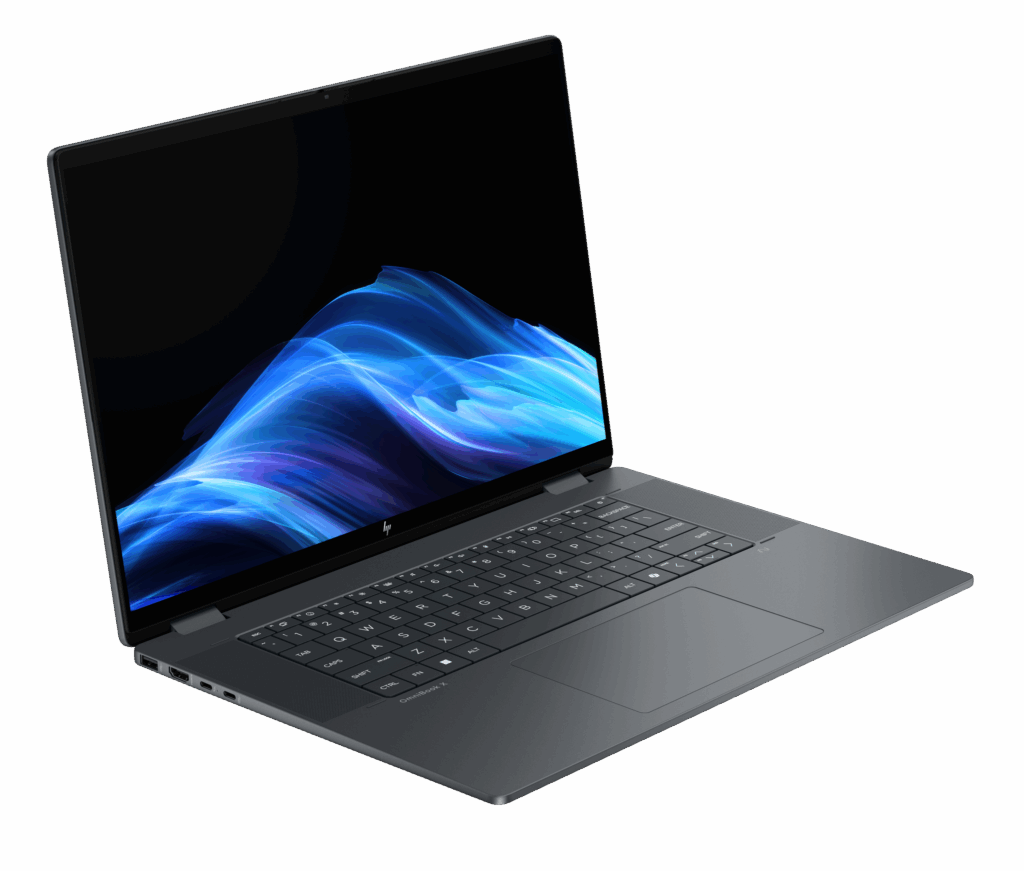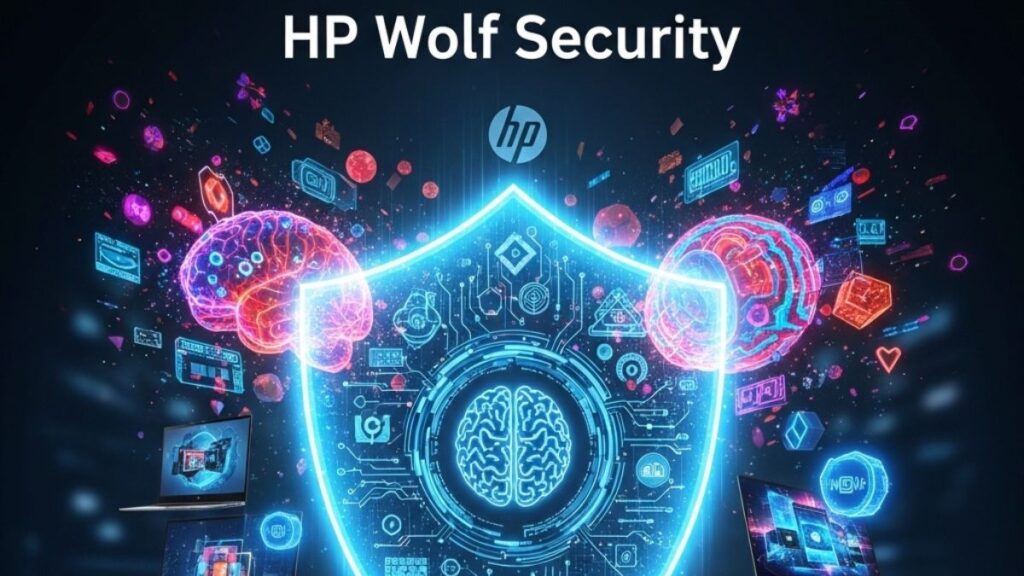It looks like the Xerox hostile takeover of HP is dead. Hostile takeovers are stupid. They are the corporate equivalent of a shotgun wedding, and just like it is unlikely that two people forced together will stay happily married, a hostile takeover just tends to destroy the acquired company and severely damages the acquiring company. Xerox’s reason for even attempting this seemed to be the fact they’d crippled their own company, and Carl Icahn—the guy behind the effort—seemed to think he could force HP Inc. into taking it off his hands. But it had to be a credible attempt because anything less would simply look like weak extortion and no legal team of a national company, let alone a multi-national like HP Inc., would ever allow that to happen.
But pulling this off hinged on three things. One was convincing the HP executives they had no choice, two was having a Xerox stock price of around $35 per share, and three having lenders that could make up the difference. There was also an assumed fourth condition, and that was that Carl Ichan would stay focused on getting this done and not start another hostile takeover before the Xerox HP effort was complete.
Let’s take each of these in turn.
Convincing The HP Executive Team
Xerox did appear to make some progress in this regard, but rather than folding, the HP team, implemented a poison pill and changed up their board makeup to make the takeover attempt more difficult. While Icahn then seemed to signal his real intent of having them buy Xerox from him, they knew Xerox was too damaged to justify its then-current valuation, let alone the premium Ichan would likely charge them. Paying too much for an asset would open the HP board up to dangerous litigation from HP’s shareholders, and Ichan, being an experienced corporate raider, would have known this.
So yes, they scared the HP executive staff, but rather than folding, they decided to fight and really who can blame them? HP is a Silicon Valley icon, and the executive team is mostly long-time HP employees with deep company loyalty. Asking them to betray the firm they’ve come to love was never going to happen, and—sadly—this is something that a corporate raider who preys on a company just doesn’t seem to understand.
Xerox Valuation
Live every other stock, Xerox stock valuation is a fraction of what it once was. In my opinion, Xerox had already been trading too high. This position is because the company had over cut to improve its balance sheet and income statement. But when companies over cut, they can become non-viable, and Xerox was showing signs that it could no longer fully function primarily as a result of separating from the Fujifilm partnership that effectively completed the firm. Without Fujifilm, it appears that Xerox is incomplete, which is another reason HP likely didn’t want to buy the company at the current price. You don’t pay full price for a partial company, and that is what Xerox appeared to be. The separation provided the cash to try the hostile takeover but, depending on how that cash was invested, it may only be a fraction of what it was thanks to the market collapse.
Lenders
Xerox did get lenders who would close a good deal of the gap between what they were offering in stock and cash. However, these initial loan promises came to be before the COVID-19 outbreak, which largely collapsed US business activities, and they were around $2B short. So, Xerox was going to need a substantial additional amount of money, and once the COVID-19 virus hit the risk of loaning that much money for a hostile takeover that was likely to fail spectacularly was simply over the top unreasonable. I would have argued it always was, but at least they could conceal the risk even though the lack of due diligence should have been a massive red flag. This lack of diligence also speaks to why I think the effort wasn’t sincere because I don’t know how you justify the collateral on a deal like this. HP would have to be a considerable portion of the collateral, without reviewing the nature of that collateral first.
But, once the market collapsed, getting lenders for that additional $2B likely became impossible, and the existing committed lenders probably wanted out as well. Frankly, Carl Ichan just has massive pull with Citibank to even get that initial commitment, but once the risk became extreme, even they were unlikely to remain on board.
Carl Ichan Focus
Part of getting this done required Carl Ichan stay focused, but he instead started another hostile takeover of another company, this time in the Petro Chemical business. With the market in as much trouble as it is, there are tremendous bargains out there. As a result, there are likely faster ways for Carl to increase his wealth than fighting with HP. With the focus on taking over Occidental Petroleum, the tremendous buying opportunities that exist, and his penchant for making big gambles, HP just isn’t as attractive as it once was to him; other firms are even more undervalued right now.
Wrapping Up: HP Is Safe For Now
This isn’t to say that once the market recovers, Carl and Xerox might not be back, but I have doubts Xerox will last that long. The damage done to the company is too pronounced, and while it does have the cash to keep the doors open, divesting the assets and distributing the money may make more sense given the buying opportunities currently in the market.
In any case, the changing conditions have made the hostile takeover of HP Inc. by Xerox non-viable, and there is a reasonable chance that the effort is dead. We’ll see, but, for now, HP is again safe.
- The HP OmniBook X Flip 2-in-1 16-Inch: Your New Digital Swiss Army Knife (Now in Glorious Atmospheric Blue) - June 25, 2025
- The Open AI Avalanche: Why AMD’s Collaborative Spirit Is Outmaneuvering NVIDIA’s Empire - June 22, 2025
- Lenovo Embraces OpenBMC: A Step Towards Greater Transparency and Control in the Data Center - June 17, 2025




Impressive piece of work. Being familiar with HP and Xerox I have to say this is the best analysis I have seen for long time.